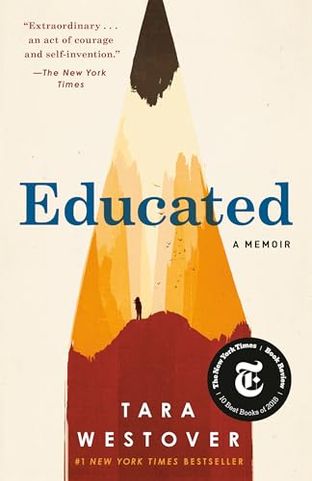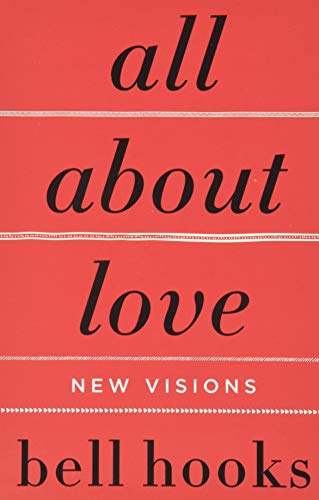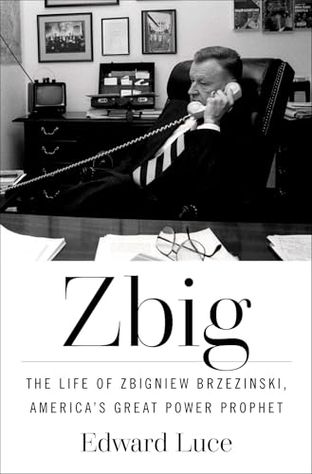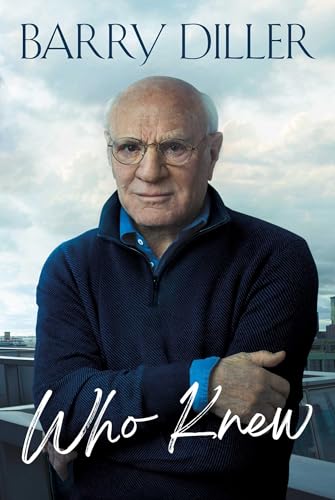Review of Educated
by Johny McFliggen, PhD Literature & Business, Oxford
Ah, "Educated" by Tara Westover—a memoir that has captivated the imagination of many a reader and critic alike, much like a literary phoenix rising from the ashes of a survivalist childhood. Westover's narrative is not just a story; it’s a testament to the indomitable human spirit, a tale that would make even Dickens nod in appreciation, were he alive today.
Westover emerges from her isolated upbringing in rural Idaho, where her father’s paranoia regarding governmental intervention and her mother’s herbalist inclinations contribute to an unconventional home environment. It's a setup that sounds more suited to an episode of "Survivor" than a childhood, yet it becomes the crucible in which Westover forges her path. The book's premise—educating oneself to transcend one's circumstances—seems almost too cinematic in its scope, akin to a Bildungsroman with the stakes dialed up to eleven.
The author’s self-taught journey into academia, culminating in a PhD from the hallowed halls of Cambridge, reads like an academic rags-to-riches story that would make Horatio Alger proud. But unlike Alger's straightforward tales, Westover's narrative is layered with complexities: family loyalty clashes with personal ambition, and the painful process of self-invention unfolds with all the subtlety of a Shakespearean drama.
Critics have lauded "Educated" for its emotional resonance and narrative prowess. It is as much about the struggle for self-identity as it is about the power of education. The memoir is reminiscent of Jeannette Walls’ "The Glass Castle" and J.D. Vance’s "Hillbilly Elegy," both of which also navigate the treacherous waters of family dynamics and self-improvement through education. However, Westover brings a singular voice to the genre—a voice that resonates with authenticity and an unflinching commitment to truth, emotional if not always factual.
Yet, some naysayers grumble about the reliability of Westover's recollections, questioning whether memory can truly be trusted when it recounts such vivid experiences. To them, I say: memoirs are not court transcripts; they are the emotional truths of their authors, as subjective as they are profound.
The accolades showered upon "Educated" are no mere fluke. The memoir has been embraced globally, a testament to its universal themes of resilience and transformation. It's a book that doesn’t just sit on your bookshelf but rather lingers in your mind, prompting reflection long after the final page has been turned—a bit like a particularly engaging episode of "Black Mirror" with its haunting exploration of identity.
In my view, "Educated" is not merely a memoir but a masterclass in the art of storytelling. It stands as a beacon for those who dare to dream beyond their circumstances, reminding us all that education is indeed the key not just to knowledge but to liberation. Reading it feels less like turning pages and more like watching a life unfold in vivid technicolor—a journey well worth embarking upon.
Purchase Link: Educated on Amazon



